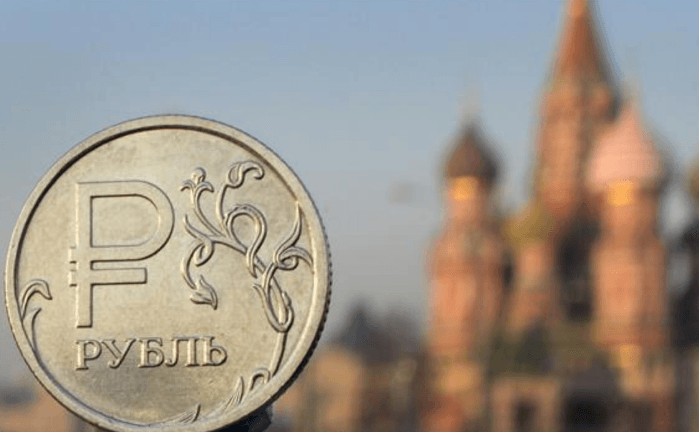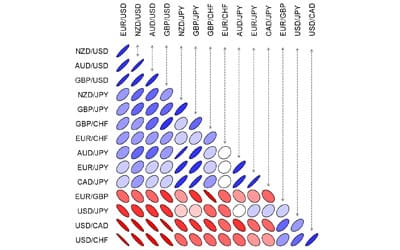The Malaysia Digital Economy Corporation (MDEC) aims to propel the country’s digital economy to contribute a substantial 25.5% to the national GDP by 2025. What are the driving forces behind Malaysia’s digital ambitions and the potential implications for the nation’s economic landscape?

Malaysia is setting ambitious goals to transform its economy to digital. Hosting a dynamic roundtable session during the Smart City Expo World Congress in Barcelona, the Malaysia Digital Economy Corporation (MDEC) highlighted the nation’s vision to contribute a staggering 25.5% to its national GDP through the digital economy by 2025.
The dynamic roundtable session hosted by MDEC was held at the prestigious Círculo Ecuestre in Barcelona, during the Smart City Expo World Congress, the world’s leading event for city innovation.
Factors Fueling Malaysia’s Digital Ascent
Several factors contribute to Malaysia’s optimistic outlook in the digital realm. The nation’s strategic location within the ASEAN region provides a gateway to a burgeoning market. A population that is adept at navigating the digital landscape, coupled with a diverse multicultural tapestry, adds a unique dimension to Malaysia’s digital ecosystem.
Access to capital and regional markets, a business-friendly environment, regulatory certainty, and a high quality of life collectively make Malaysia an irresistible destination for digital enterprises.
Central to Malaysia’s digital aspirations is the ambition to become a digital hub within the ASEAN community. This goal hinges on effective collaboration between government bodies and the private sector. Seamless execution of plans is deemed crucial, recognizing the dynamic nature of technology and the need to stay ahead of the curve in the rapidly evolving digital landscape.

Datuk Ts. Fadzli Abdul Wahit, Head of Digital Industry Development at MDEC, emphasised the essence of knowledge exchange:
“Understanding the rationale behind solutions employed for common challenges on both fronts is paramount. It’s about adapting methodologies to each unique territory, as a one-size-fits-all approach falls short”.
Fadzli also spotlighted a pivotal challenge in the digital economy, the need to strike a balance between societal obligations and the benefits generated.
Collaborative Opportunities and International Recognition
The roundtable session, with participation from Spanish and Malaysian technological powerhouses, exemplifies the international recognition of Malaysia’s digital prowess.
MDEC also highlighted the rapid rise of Spain in the digital sphere, with its participation in the digital market increasing from 18.7% in 2019 to a solid 23.2% at present. The notable advances of Spain in the implementation of 5G were praised, covering over 82% of its territory, and its prominent position as the third-leading nation in fiber optic adoption within the Organization for Economic Co-operation and Development (OECD).
The favorable conditions in both nations have led to an increase in the presence of Spanish companies in Malaysia. The collaborative opportunities presented by such forums position Malaysia as a key player in the interconnected world of digital innovation.
Tradersdna is a leading digital and social media platform for traders and investors. Tradersdna offers premiere resources for trading and investing education, digital resources for personal finance, market analysis and free trading guides. More about TradersDNA Features: What Does It Take to Become an Aggressive Trader? | Everything You Need to Know About White Label Trading Software | Advantages of Automated Forex Trading










































